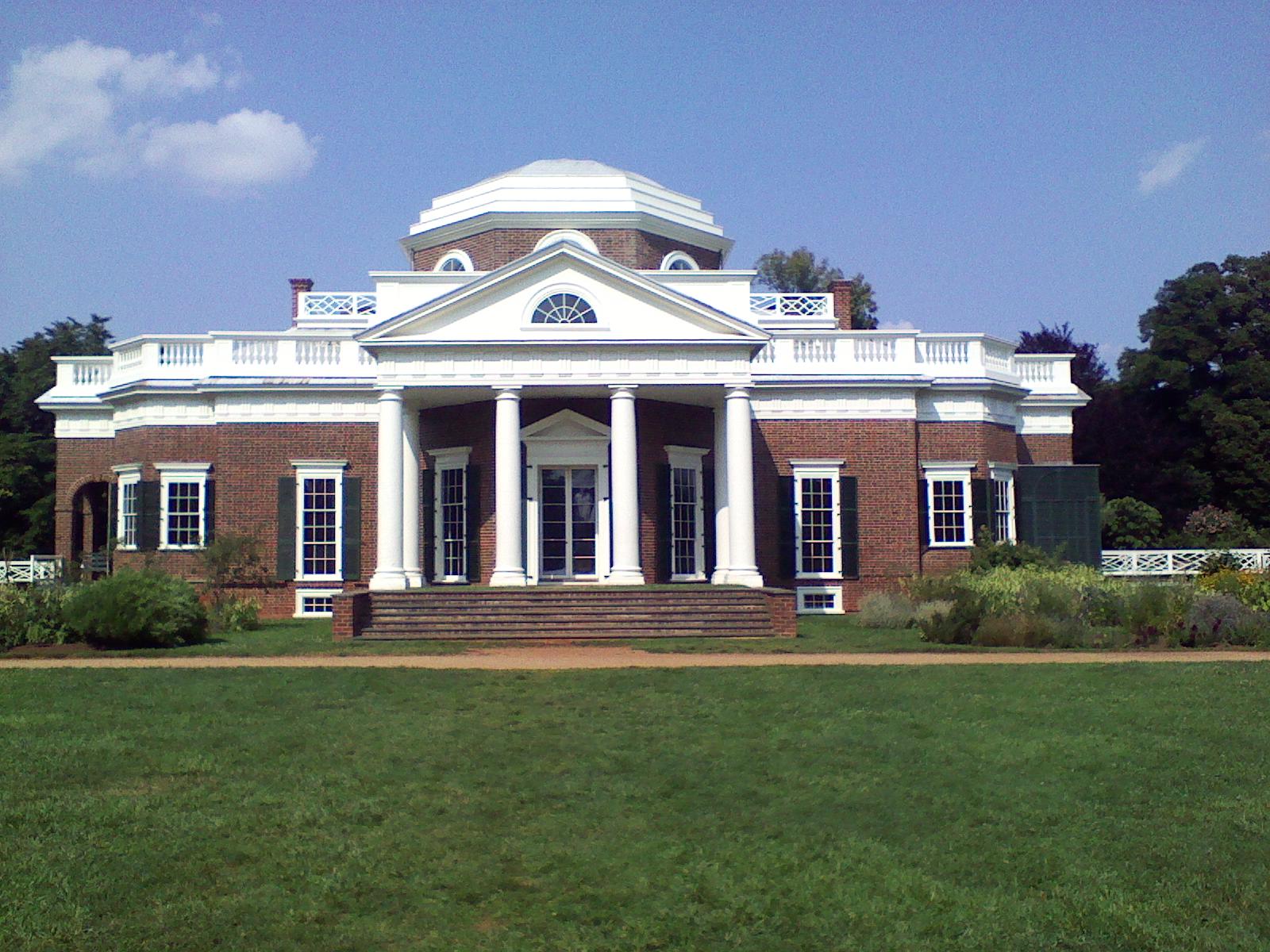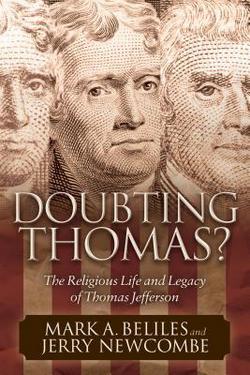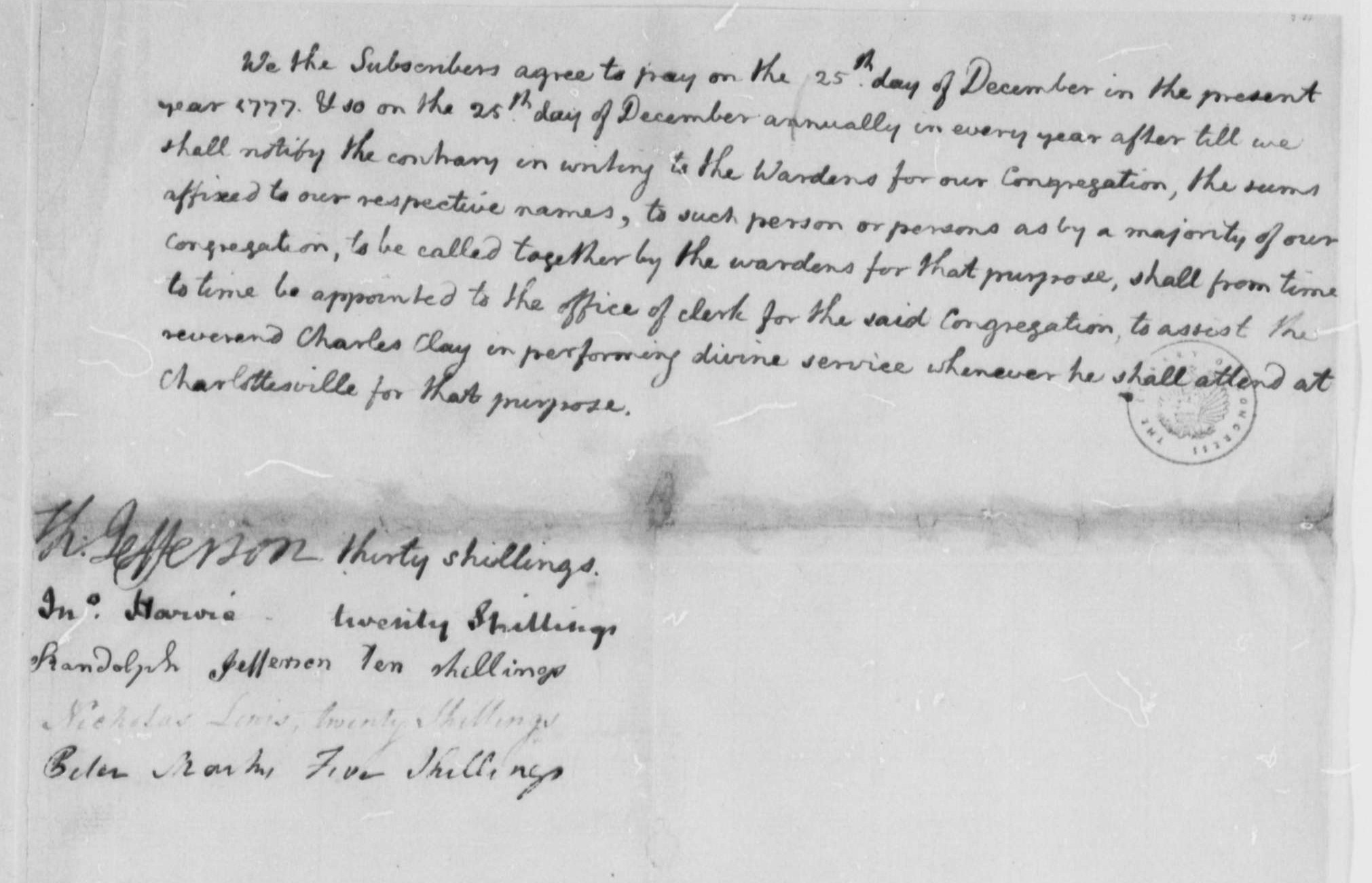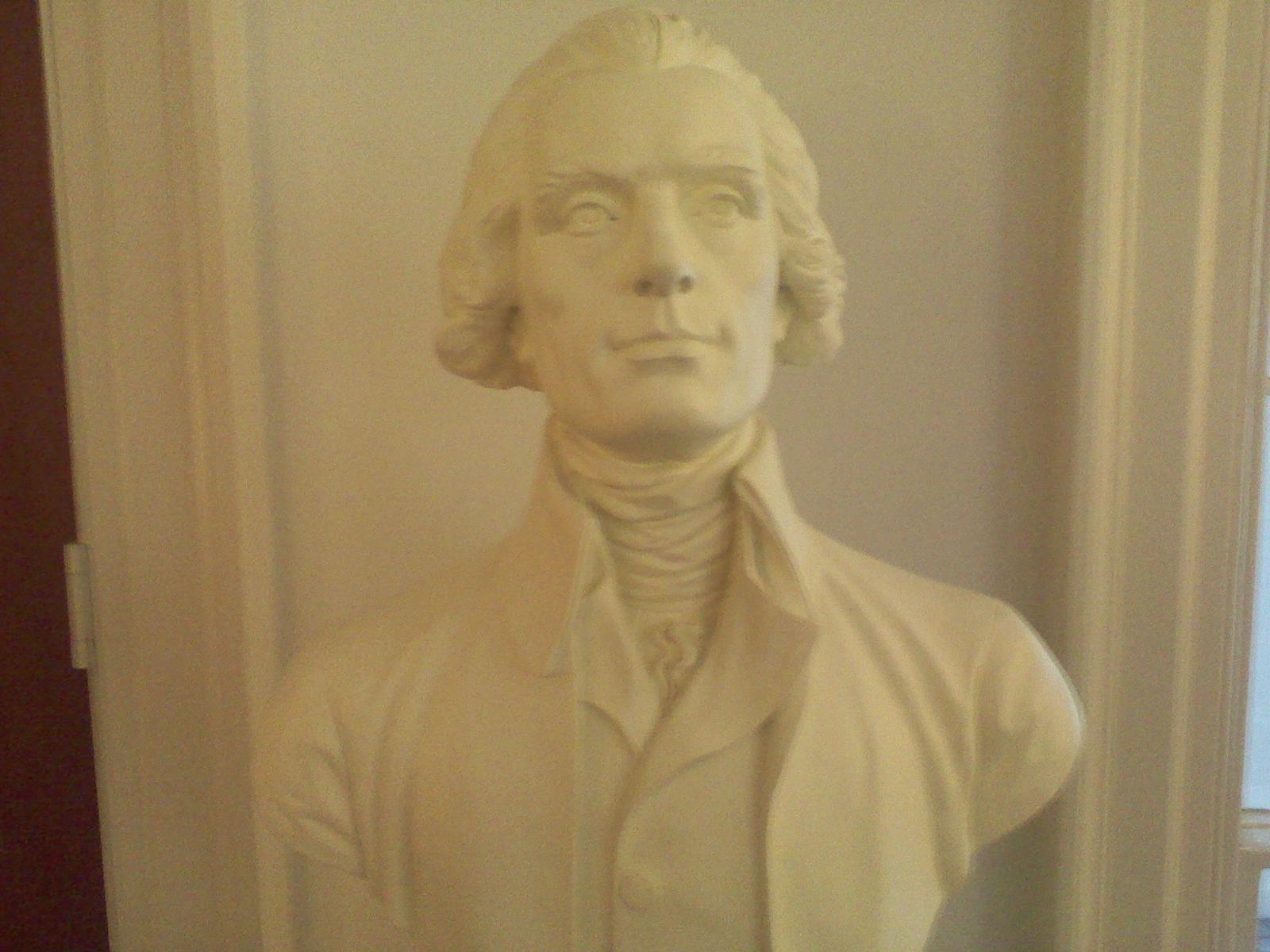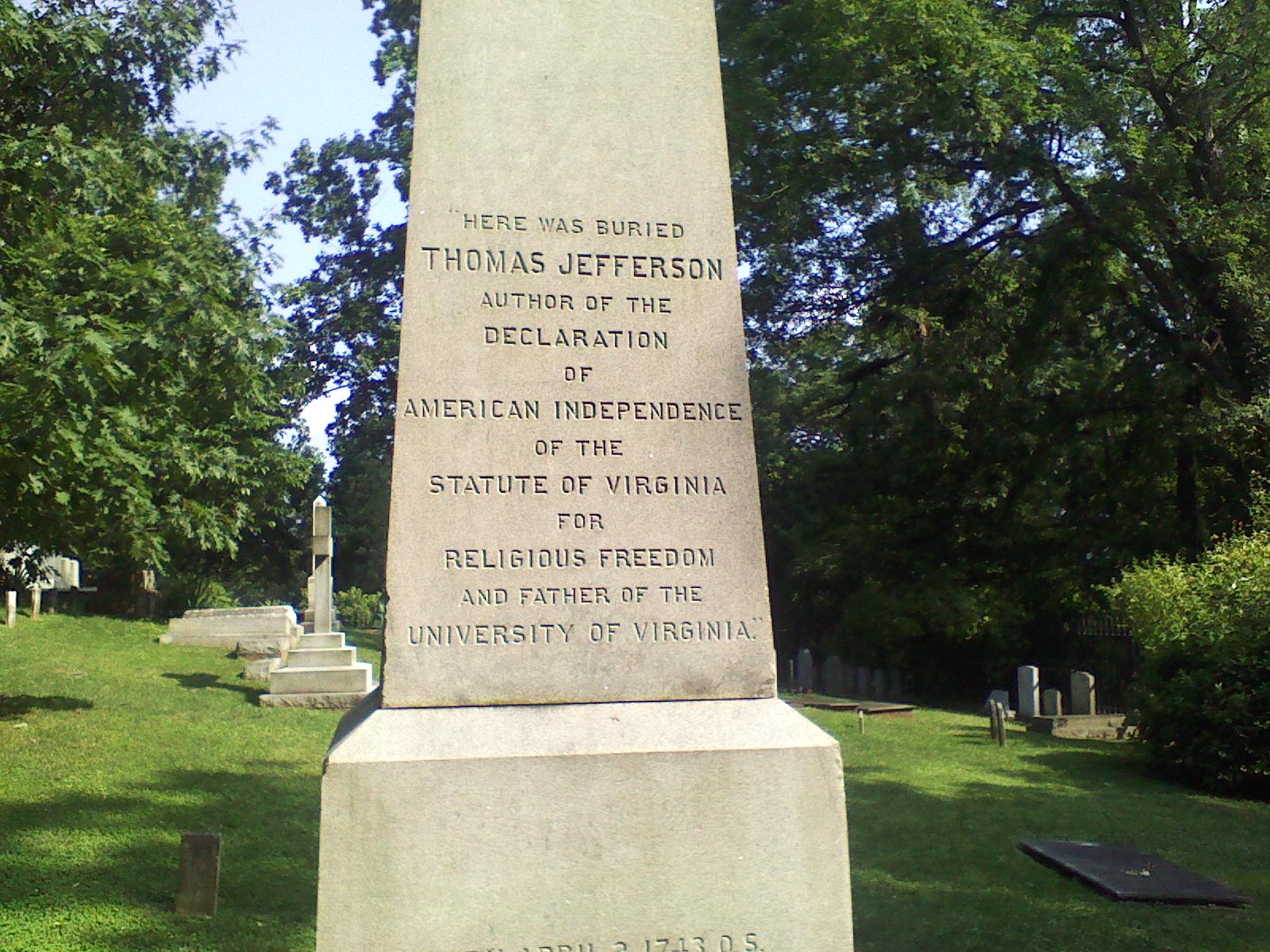Christian Art Adorned Jefferson’s House

[Note: this photo of a generic religious painting is file only.] Our book, DOUBTING THOMAS by Mark Beliles and Jerry Newcombe, makes two key points: 1) Jefferson, though not an orthodox Christian (especially later in life), was by no means an atheist or agnostic. 2) Jefferson did not believe that God …




